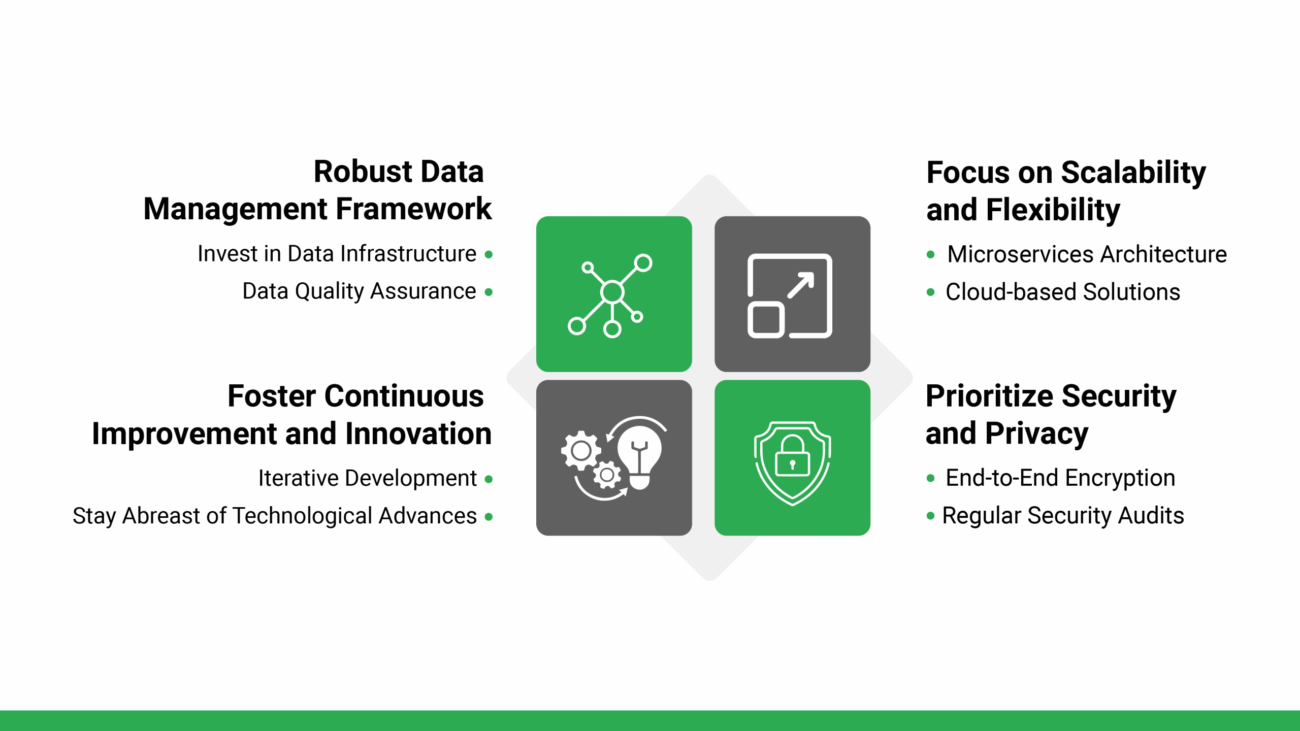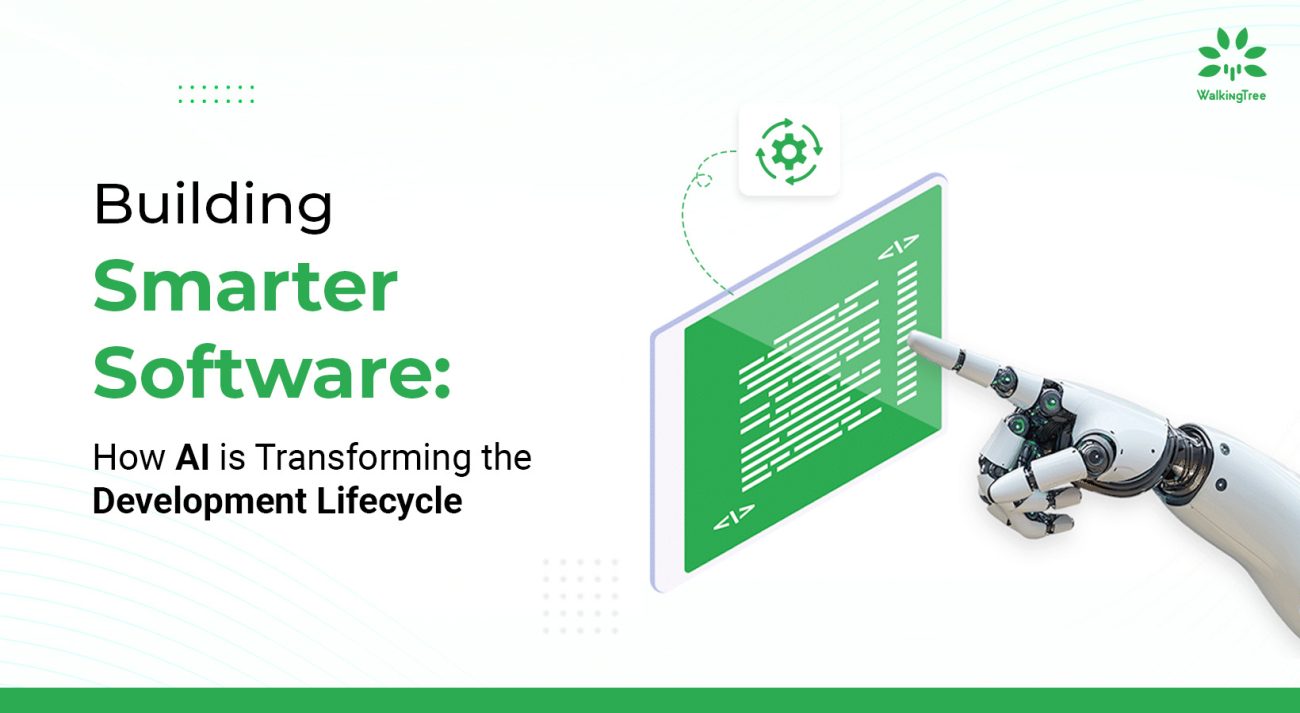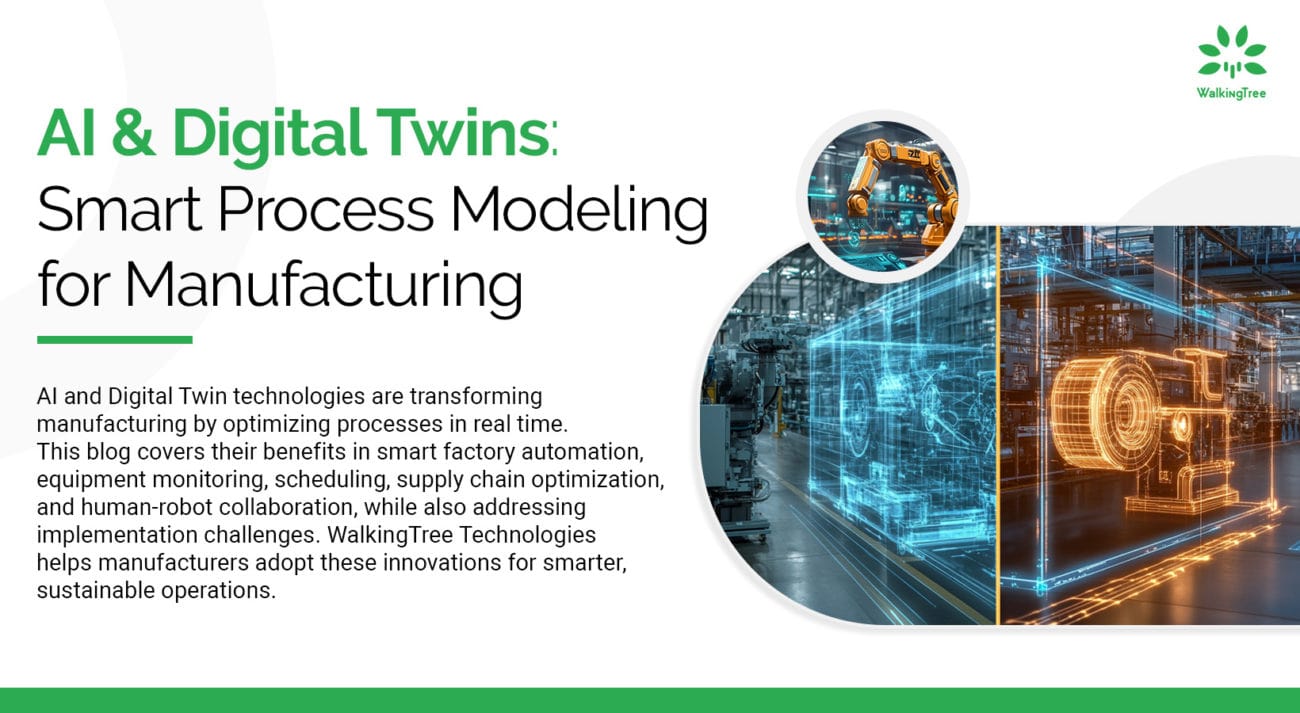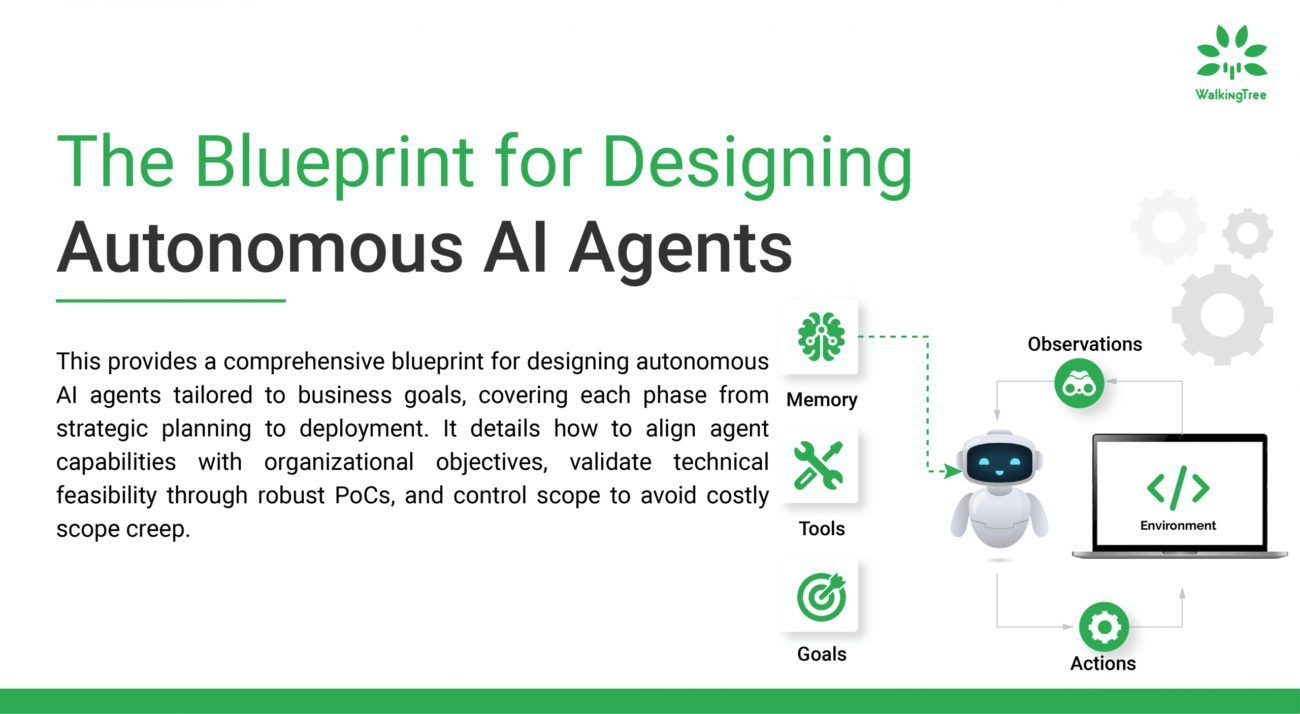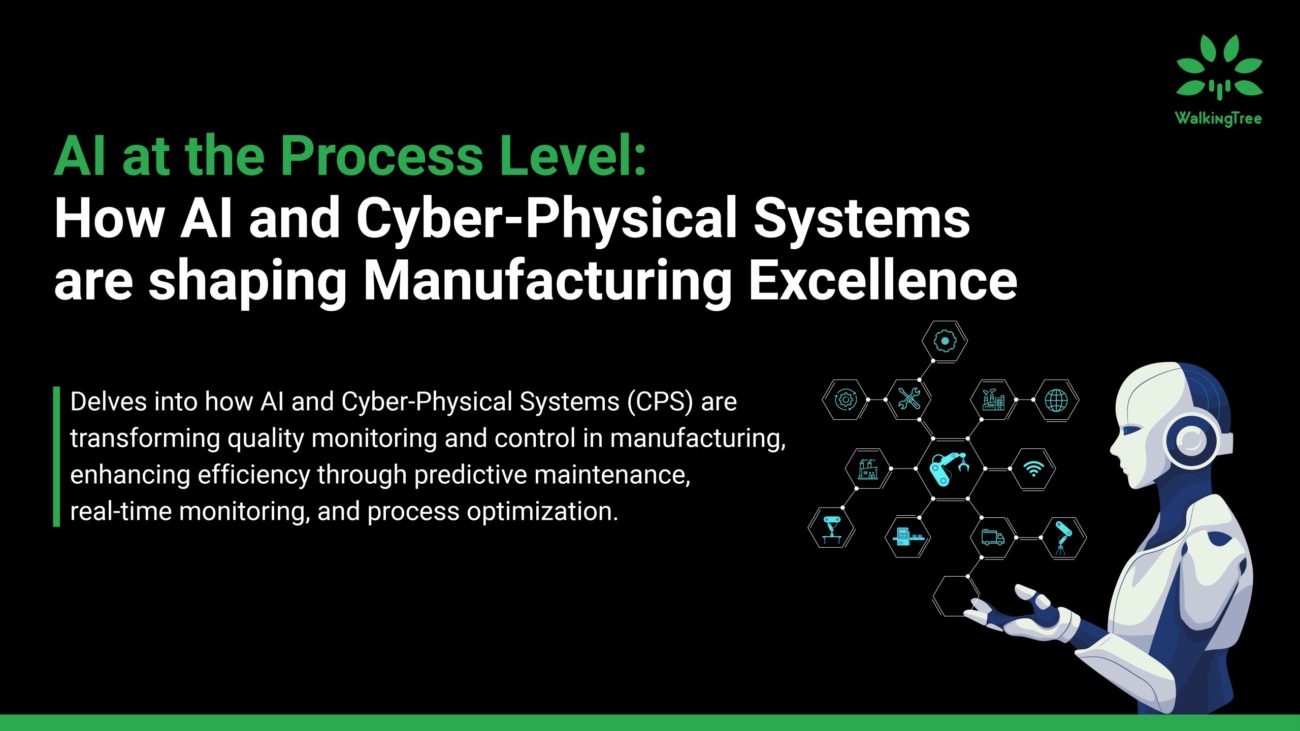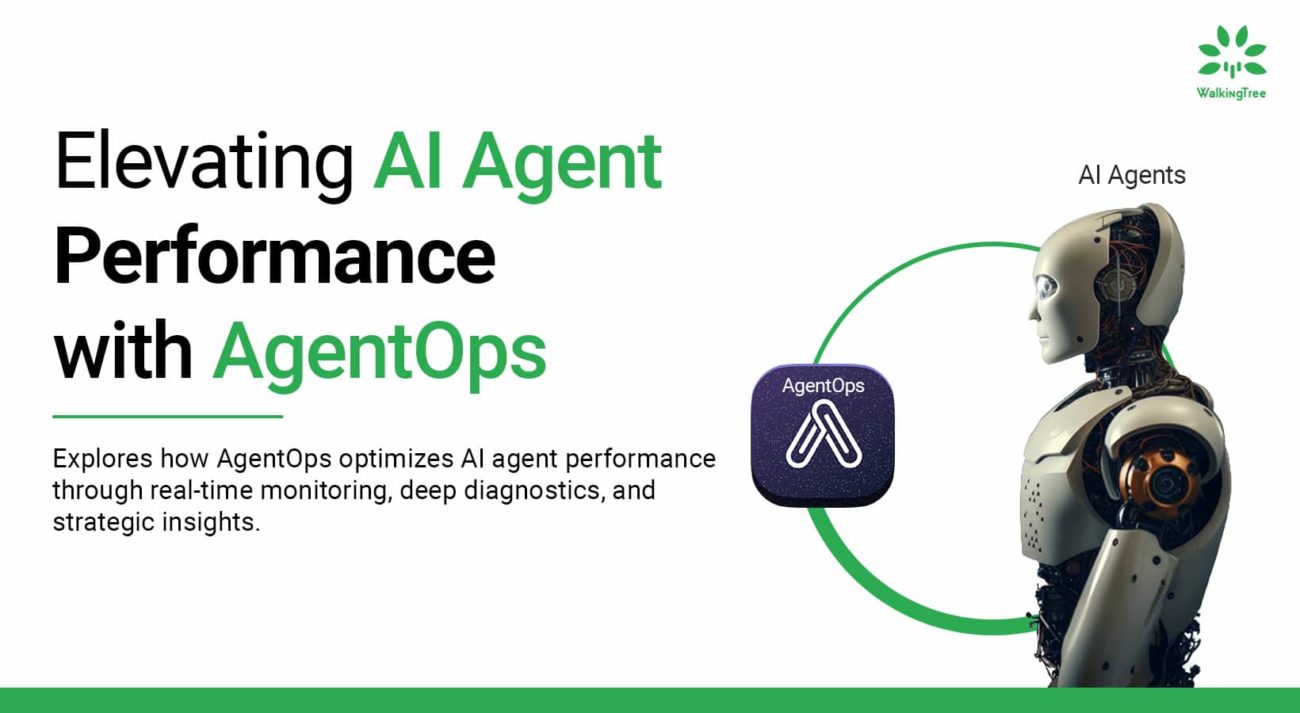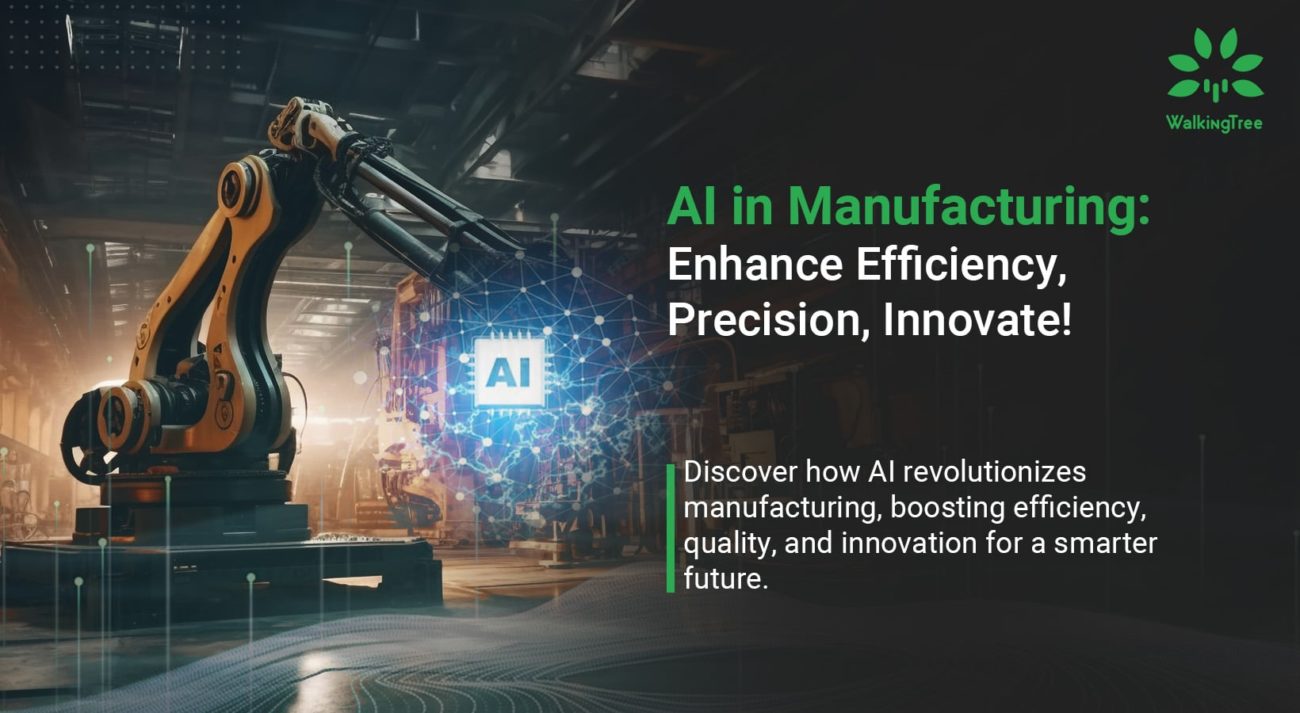
Blogs
Developing AI-powered fleet management apps: Challenges, opportunities, strategies & future scope
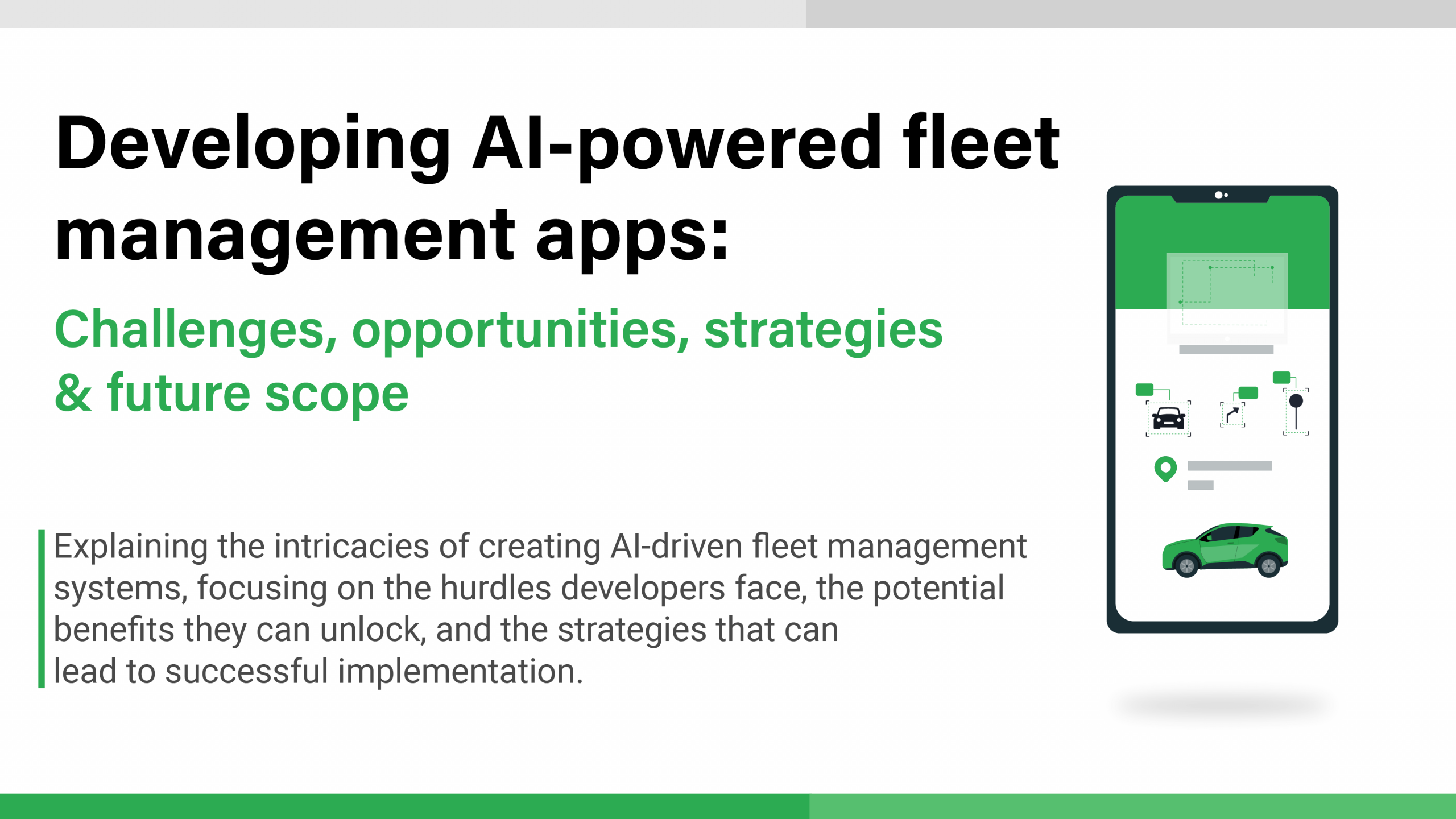
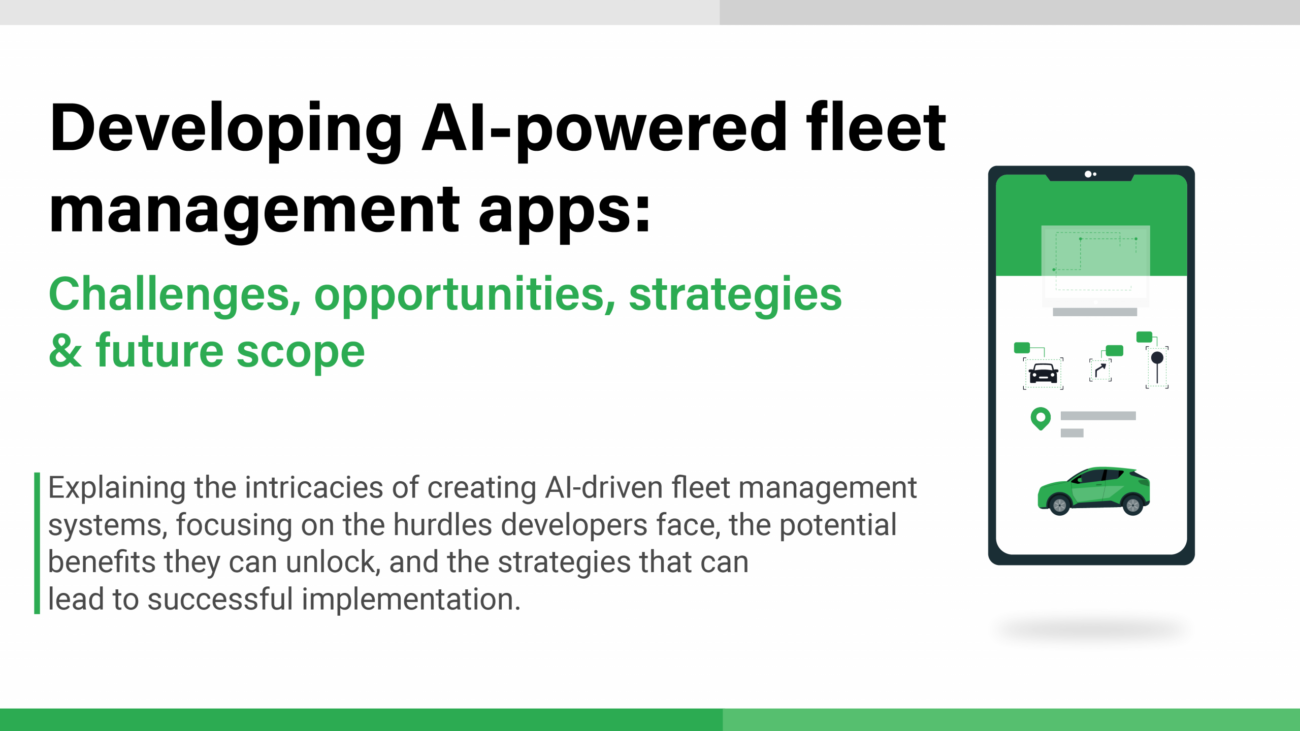
The integration of Artificial Intelligence (AI) in fleet management represents a significant leap forward in how businesses manage their vehicle operations. With the rise of electric vehicles (EVs) and the increasing complexity of logistics and transportation, AI-powered fleet management apps are becoming indispensable tools for enhancing efficiency, safety, and sustainability. However, developing such sophisticated applications comes with its own set of challenges and opportunities. In this blog, we will explore the intricacies of creating AI-driven fleet management systems, focusing on the hurdles developers face, the potential benefits they can unlock, and the strategies that can lead to successful implementation.
|Challenges in Developing AI-powered Fleet Management Apps

Data Complexity and Volume
- Handling Massive Datasets: Fleet management generates vast amounts of data from various sources, including vehicle telemetry, GPS data, fuel consumption, and driver behavior. Managing and processing this data to extract meaningful insights requires robust data infrastructure and sophisticated algorithms.
- Data Quality and Integration: Ensuring the quality and consistency of data from diverse sources and integrating it into a coherent system poses a significant challenge. Inconsistencies and inaccuracies in data can lead to flawed analyses and decisions.
Real-Time Processing and Decision Making
- Latency Issues: For fleet management apps, especially those involving EVs, real-time data processing is crucial for tasks such as route optimization and energy management. Developing systems that can process information and make decisions with minimal latency is technically demanding.
- Complex Event Processing: The system must be capable of handling complex event processing, where multiple real-time data streams are analyzed concurrently to make immediate decisions, such as rerouting a vehicle based on traffic conditions or weather.
Scalability and Security
- Scalable Architectures: As fleets expand and the volume of data increases, the app must be scalable to handle growth without performance degradation.
- Cybersecurity Threats: With the increasing reliance on IoT devices and networked vehicles, protecting sensitive data and ensuring the integrity of the fleet management system against cyber threats is a paramount concern.
|Opportunities in AI-powered Fleet Management
 Enhanced Operational Efficiency
Enhanced Operational Efficiency
- Predictive Maintenance: AI algorithms can predict vehicle maintenance needs, reducing downtime and extending vehicle lifespans. For EV fleets, this includes battery health monitoring and optimization.
- Route Optimization: AI can analyze historical and real-time data to optimize routes, considering factors like traffic, weather, and EV charging station locations, leading to significant fuel and time savings.
Improved Safety and Compliance
- Driver Behavior Analysis: By monitoring driving patterns, AI can identify risky behaviors and provide coaching to improve safety. This is particularly important for EVs, where driving habits significantly impact battery life and vehicle range.
- Regulatory Compliance: AI systems can ensure compliance with regulations, such as Hours of Service (HOS) for drivers, and environmental standards, especially relevant for EVs in reducing carbon footprints.
Sustainability and Cost Reduction
- Energy Management: For EV fleets, AI can optimize charging schedules and power usage to enhance energy efficiency and reduce costs.
- Lifecycle Management: AI-driven insights can assist in making informed decisions about when to retire or replace vehicles, optimizing the fleet composition for cost-efficiency and sustainability
|Strategies for Successful Implementation
Robust Data Management Framework
- Invest in Data Infrastructure: Implementing advanced data storage and processing solutions that can handle high volumes and velocities of data is crucial.
- Data Quality Assurance: Establishing protocols for data validation and cleansing ensures the reliability of the insights generated by AI.
Focus on Scalability and Flexibility
- Microservices Architecture: Adopting a microservices architecture can enhance the scalability and flexibility of the fleet management app, allowing for easier integration of new features and technologies.
- Cloud-based Solutions: Leveraging cloud services can provide the scalability needed to accommodate growing data volumes and computational demands.
Prioritize Security and Privacy
- End-to-End Encryption: Implementing strong encryption protocols for data at rest and in transit protects sensitive information from unauthorized access.
- Regular Security Audits: Conducting regular security assessments and staying updated with the latest cybersecurity practices can help preempt potential threats.
Foster Continuous Improvement and Innovation
- Iterative Development: Adopting an agile development approach allows for continuous refinement of the app based on user feedback and evolving requirements.
- Stay Abreast of Technological Advances: Keeping up with the latest advancements in AI, machine learning algorithms, and EV technologies ensures the app remains at the cutting edge.
|What lies ahead of AI-powered fleet management?
The future of AI-powered fleet management promises a blend of cutting-edge technologies and innovative applications, transforming the logistics and transportation industry. One exciting development is the integration of autonomous driving technology, which is set to redefine vehicle operations within fleets. Companies like Waymo and Tesla, an AI development company, are at the forefront, testing and implementing autonomous vehicles that can navigate complex environments without human intervention, promising significant improvements in safety and efficiency.
Another area of advancement is the application of quantum computing in optimizing logistics and route planning. Quantum computing, with its ability to process vast datasets exponentially faster than traditional computers, could revolutionize how fleet routes are calculated, especially in complex, dynamic environments. For instance, D-Wave Systems is exploring quantum applications in logistics, aiming to reduce delivery times and fuel consumption dramatically.
Augmented reality (AR) is also finding its place in fleet management, particularly in maintenance and training. By overlaying digital information onto real-world objects, AR can guide technicians in repairing vehicles, showing them the exact tools and procedures to use, as exemplified by BMW’s AR maintenance support system for their service technicians.
The Internet of Things (IoT) continues to play a crucial role, with vehicles equipped with sensors and connected devices communicating real-time data. This interconnectedness enables predictive maintenance, where AI algorithms analyze data from vehicle sensors to predict failures before they occur, significantly reducing downtime. Companies like GE have already implemented IoT in their Predix platform, offering predictive analytics to anticipate maintenance needs.
Furthermore, the adoption of blockchain technology in fleet management could enhance transparency and security, particularly in supply chain logistics. Blockchain can provide a tamper-proof ledger for recording transactions, vehicle maintenance records, and driver behavior, ensuring data integrity and trust among stakeholders. Startups like CargoX are pioneering blockchain solutions in logistics, streamlining operations and enhancing security.
As these technologies mature and integrate, the future of AI-powered fleet management looks promising, offering unprecedented levels of efficiency, safety, and sustainability. The industry is poised for a significant transformation, with these innovations paving the way for smarter, more autonomous fleets that drive the future of transportation.
|Ending Notes
Developing AI-powered fleet management apps is a complex but rewarding endeavor. The challenges of handling vast datasets, ensuring real-time processing, and maintaining scalability and security are outweighed by the significant opportunities AI presents in enhancing operational efficiency, safety, and sustainability. By adopting strategic approaches to data management, scalability, security, and continuous innovation, developers can overcome these hurdles and unlock the full potential of AI in transforming fleet management, particularly in the burgeoning domain of electric vehicles.


